As the airplane descends into Istanbul, I suddenly realize I don’t know a single word of Turkish. Not even the basics.
Nope, really. I know nothing. I can’t say “hello,” “thank you,” “please,” “goodbye,” or anything else.
Why didn’t I think of this sooner?
Between finishing the work I had in order to take this time off, packing my suitcase for the following two weeks, and preparing key logistics like flights and hotels, I hadn’t had the peace of mind to take 10 minutes to look up common phrases.
Yikes.
Learning a Language by Immersion
Fast forward four years.
Living and working in Costa Rica, I am now at the point where I can communicate with casi everyone. With this skill set, I have gone on free taxi tours, attended birthday parties, and received free rounds of drinks.
However, Spanish was simply the catalyst to allow conversation to flow — it was the attitude and openness to communicate, interact, and connect with local community members that also made these some of my favorite experiences living and traveling in a foreign country.

Unfortunately, I more often witness my Istanbul experience with visitors over and over again here.
A tall American dude brusquely asking (in English) where the bus stop is to a random mother and daughter walking by in Puerto Viejo.
Or a college-aged girl rolling her eyes when the cab driver doesn’t understand her request for a receipt in San Jose.
To me, this behavior is concerning.
As travelers, if we continue to rely too often on English being spoken abroad, we will come off as self-centered jerks, negatively influencing the culture in communities around the globe.
Instead of immersing ourselves in a new place and absorbing the language, we will become a dominating factor, altering the society we find ourselves in and missing the local connections and experiences that make traveling abroad so great.
How to Learn Language Basics for Travel
How can you prepare for a trip abroad in a country where you don’t speak the language?
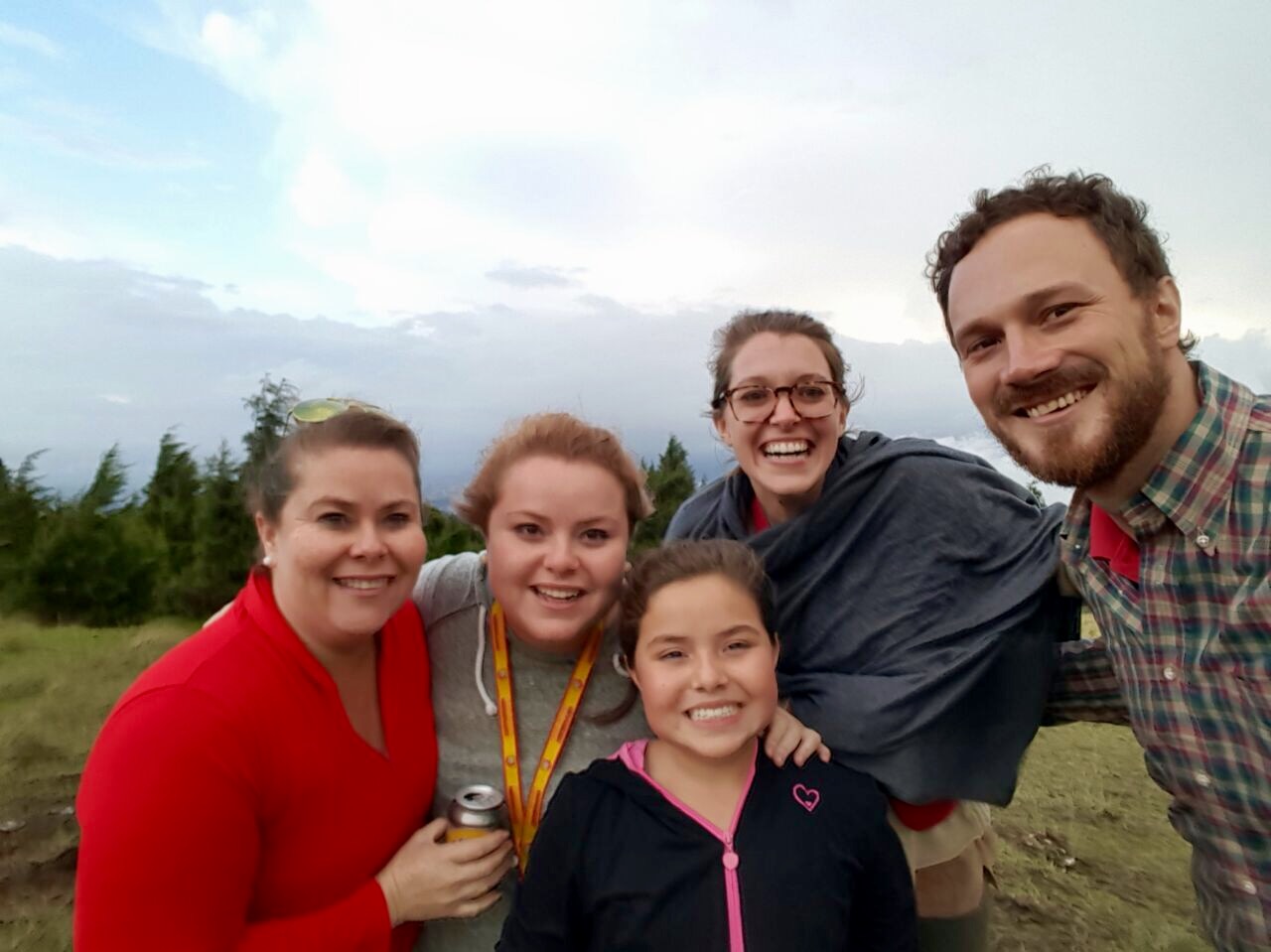
We live in a world where we can compare the prices of eight different flight companies at the same time. We can find a hostel, hotel, couch, or hammock to sleep in — in a matter of minutes.
All the menus and dishes of nearby recommended restaurants are at our fingertips. And we also have the resources and tools to communicate more effectively than ever before.
The good news is that we all have the ability to do better.
There are very easy and tangible ways to overcome this assuming mono-language trend that is impacting both travelers and communities everywhere.
Start with Conversational Basics
Learn the warmest and most relevant phrases possible.
And if you’re worried you won’t remember them, simply write them down. Keep a notebook on you or, easier yet, make a note in your phone.
“Hello!” & “Goodbye!”
Yup, just learn them. No excuses. They will take two seconds to look up and it’s the easiest way to not appear like an inconsiderate pig when first meeting someone.
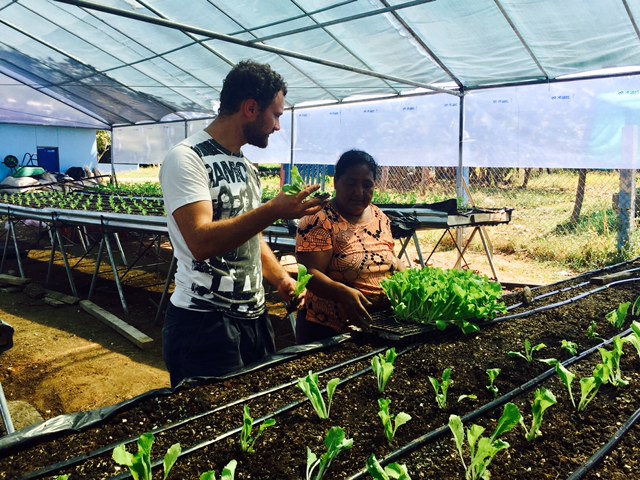
“Good morning/afternoon/evening.”
Step up your game and be a bit more specific in your salutation. I would consider these phrases necessities, so add them to the list of terms to look up and learn.
“Please” and “Thank you.”
Leading any sentence or phrase with “please” will soften your tone and delivery. It won’t matter if you can’t pronounce your question or stumble into an English-foreign language mix if you are polite.
Read next: Opa! 18 Useful Greek Phrases for Travelers and Tourists
Basic Phrases for Travelers
“I’m sorry, I don’t speak _________ .”
We have all been in that situation abroad. Someone asks us a question or is directing us to do something, but what that something is escapes us. This phrase is perfect to avoid any awkward or potentially offensive behaviors.
“Excuse me, do you speak English? Could you help me?”
You might not be fluent — or even proficient — and that’s okay. But being able to ask the question first to a stranger in passing versus assaulting them with your question will allow them the option to politely engage (or disengage) from the conversation.
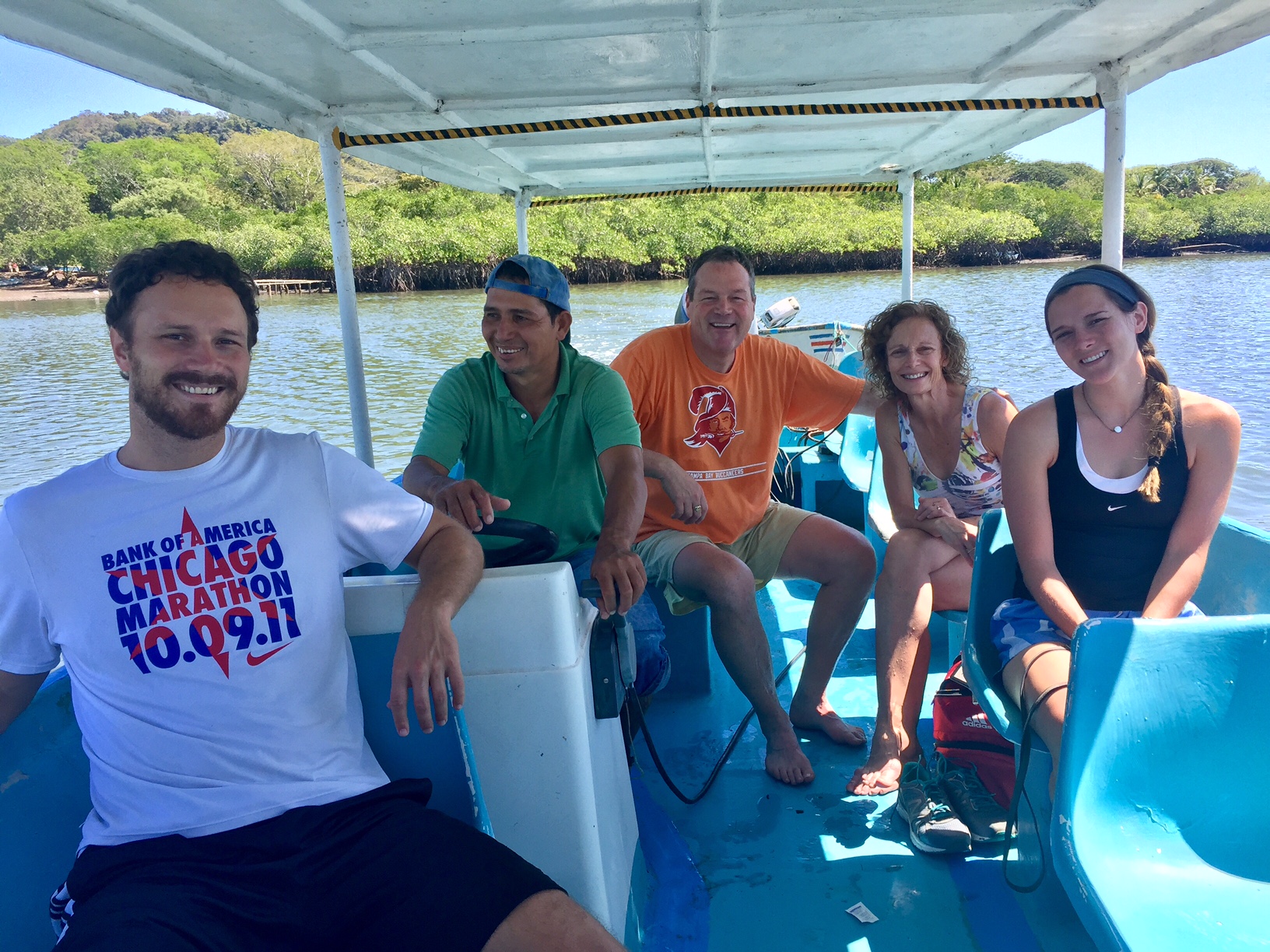
“Where is ______ ?”
This is a choose-your-own-adventure phrase. Figure out what’s most important for you to be able to locate while traveling — whether that’s the bathroom, a divey bar, or the art museum. Find out how to say those things, just in case you need them.
“How much does it cost?”
This is a key question if you are planning on spending any time in markets or shops, or buying delicious food from street vendors. Avoid spending way more than you intended. Bonus points if you also learn basic numbers to manage the currency.
Local slang.
In Costa Rica, we use “chiva” or “tuanis” for something that is “cool” or “awesome.” Learning slang is an easy way to show you are paying attention to dialects and also understand something beyond what’s within the pages of a dictionary.
You will also probably get some impressed raised eyebrows or chuckles, which is always a good thing.
Learn Language in Your Community
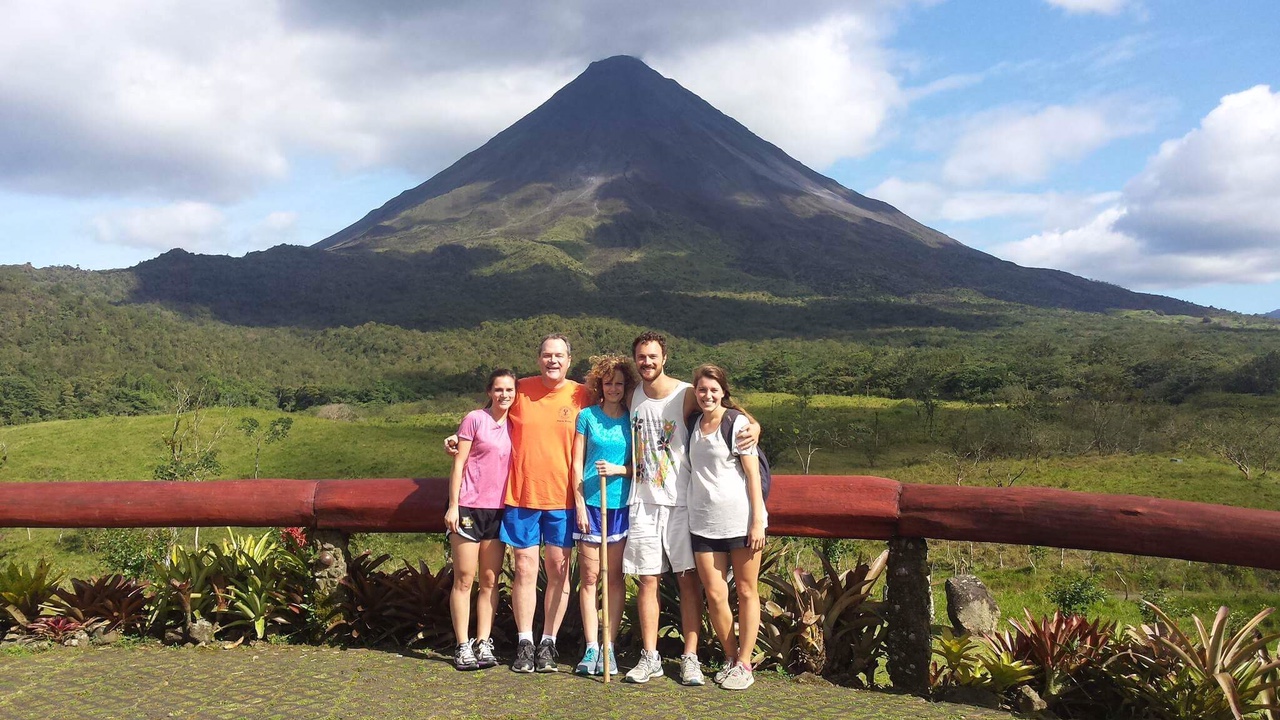
Meetup groups.
Depending on where you are located, access to in-person events varies. However, in many urban areas, there are often local meetup groups and clubs for those seeking a safe and welcoming space to practice new languages.
Check out Meetup.com’s diverse list of language and ethnic identity meetings all over the world.
And be sure to contact our very own Wanderful chapters around the globe that are full of expats and amazing women who are willing to practice different languages with novice speakers.
Online and in-person tutoring.
Craigslist and your friend network are great ways to start looking for in-person tutoring.
Prior to my time in the Peace Corps, my partner and I found our teacher (Hola Rebecca!), who was in the same nursing program as a good friend of ours.
If you are unable to find a suitable option, there are tons of online tutoring websites.
Several friends have recommended Verbling to me, which is a robust and affordable resource for customized language tutoring. There are tutors for over 42 languages and each lesson is only $15 USD/hour.
Learn Languages Through Technology
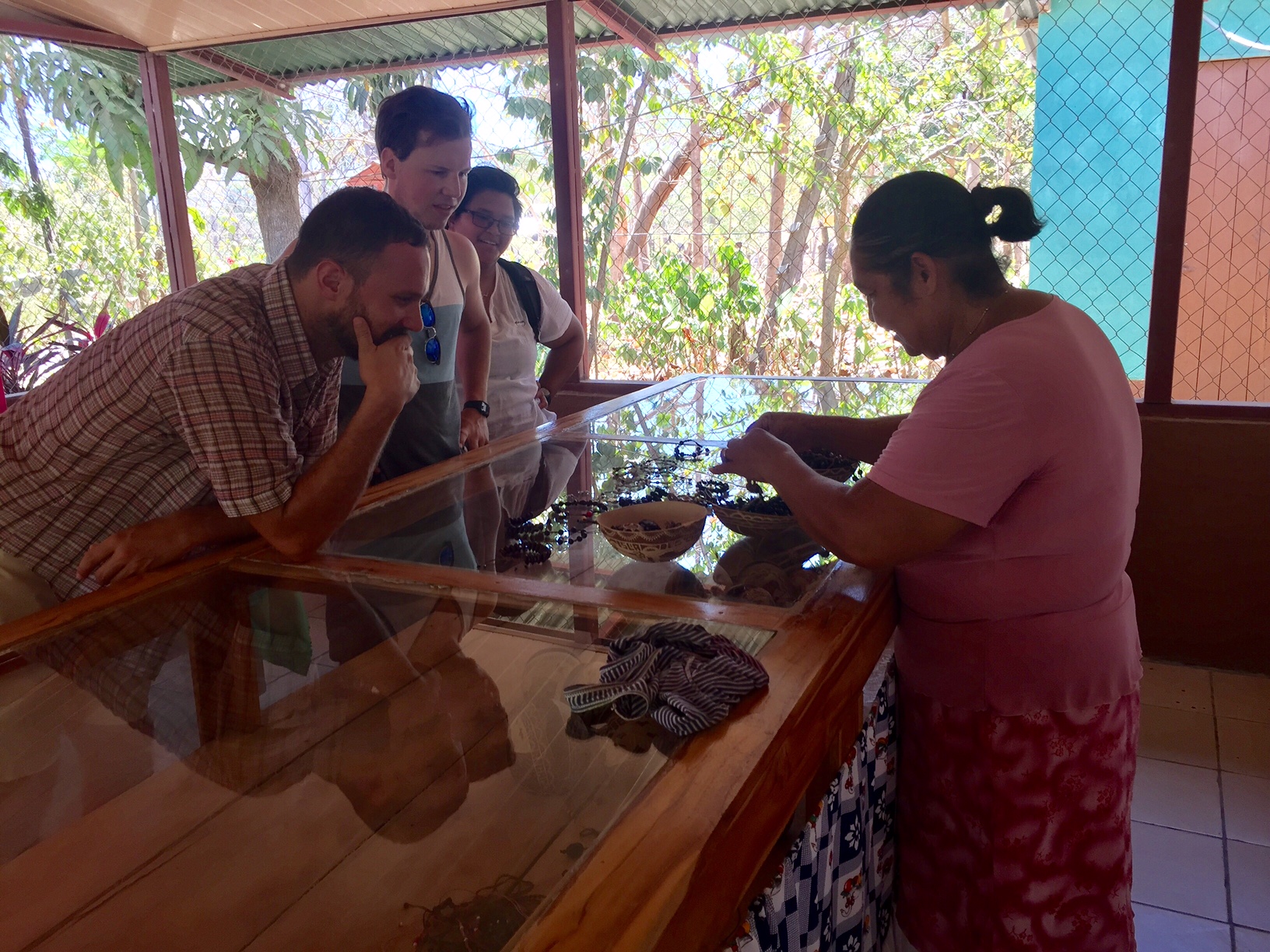
Language-learning apps.
Though it is limited to the most common languages, Duolingo is a super fun, gamified language learning tool.
Prior to Costa Rica, I used this app each week on the bus on the way to work.
You can set self-targets, create classrooms with friends and family, and test out vocabulary you already know, which is especially helpful if you are headed to France and haven’t spoken a word since tenth-grade French class.
Live translators.
My personal favorite translator app is Google Translate, a super-intuitive and accurate way to translate single words, as well as full sentences, for over 60 languages.
It will also play back how to say the phrases, for those looking to practice a bit. In the past, you had to be connected to WiFi to use the app, but now you can use it offline if you download language packs beforehand.
If you are interested in other translator apps, there are several different ones available depending on your device.
Check out this great analysis by TechPP, which includes detailed descriptions, offline/online capabilities, and prices.
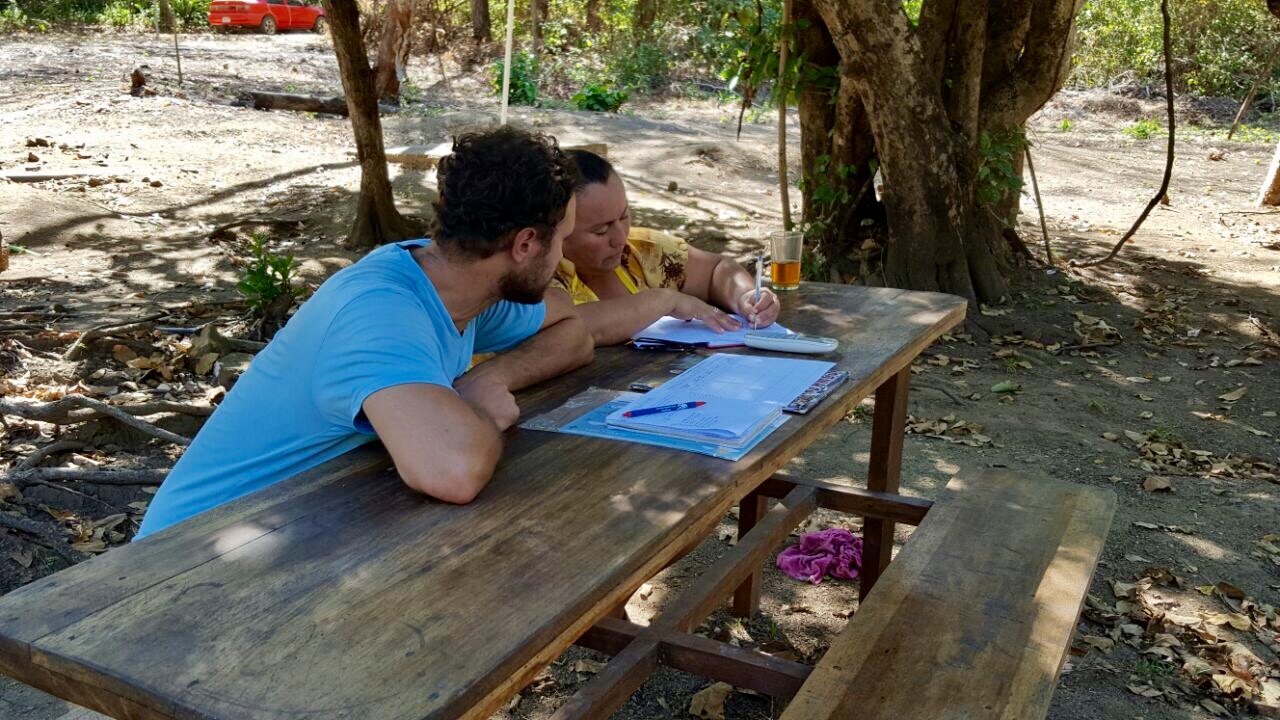
Offline dictionaries.
Depending on where you are traveling to, this might be easier in some countries than others, but explore the possibility of downloading an offline dictionary to your phone before traveling.
For those headed to Central or South America or into Spain, SpanishDict for iPhone is a reliable resource for vocabulary look-up, and will even translate full phrases (though to a lesser degree of accuracy), if you are unable to access Google Translate.
By incorporating language learning and planning as another item on your travel “to do” list, you will be prepared to interact and communicate locally.
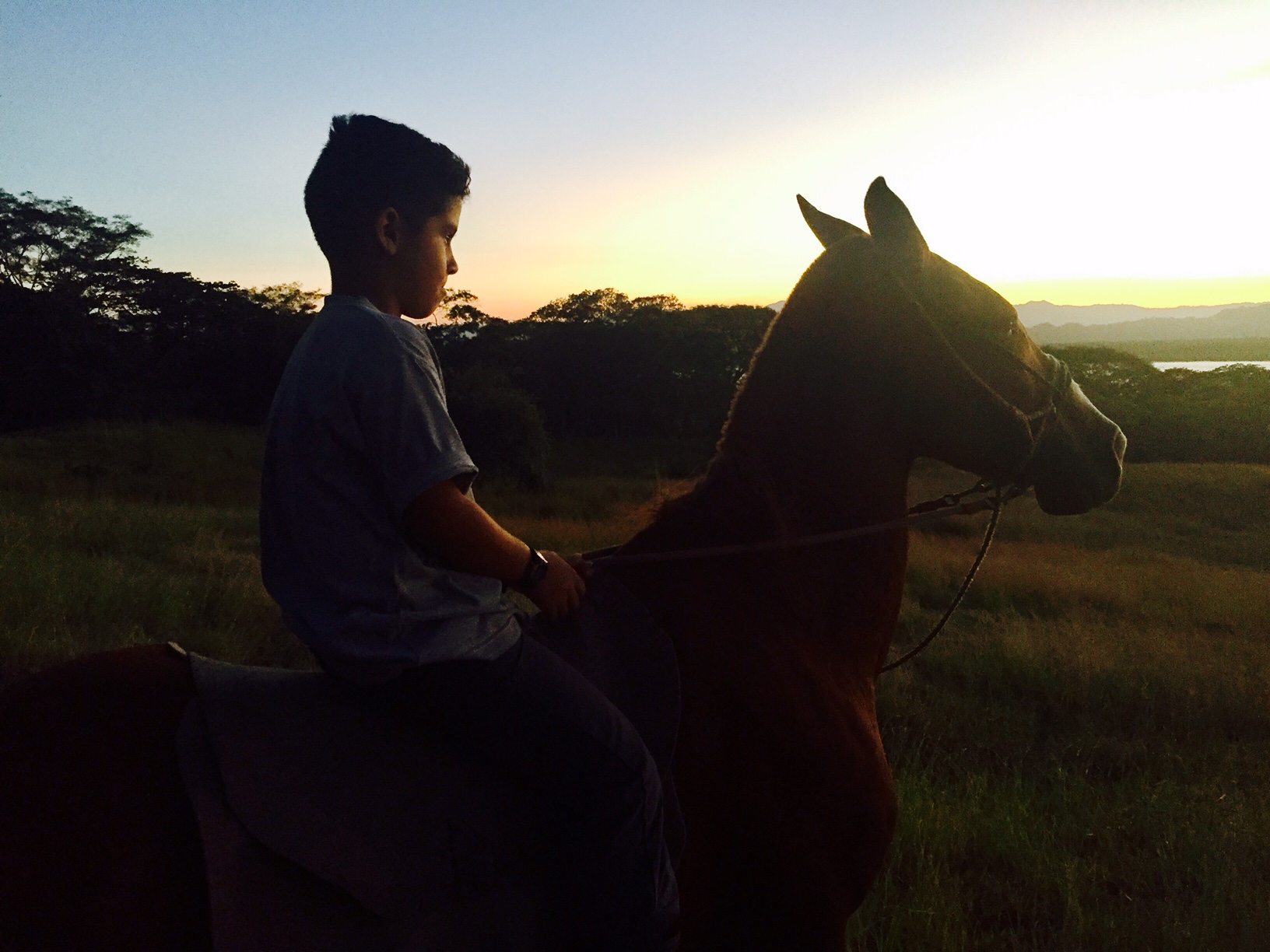
You can also try different practice techniques. Though your abilities likely won’t be perfect, you will travel more humbly and graciously, which will be appreciated by anyone you encounter.
And who knows? Maybe your language skills will get you a free drink, a spot on a city tour, directions to an underground rave, a horseback ride, or an invitation to a birthday party.
What other language learning tips do you have? Share in the comments!
